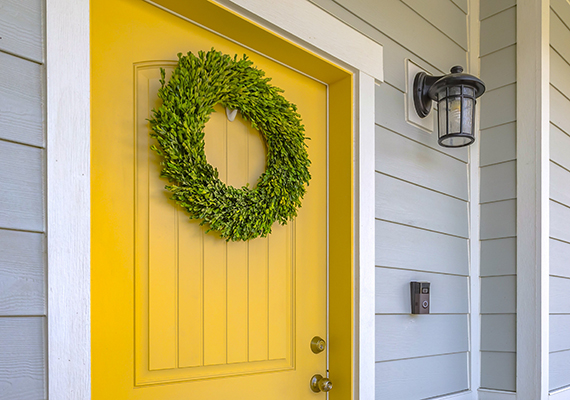The topic of real estate and homeowners seems to constantly be a subject of discussion, especially in the midst of the coronavirus pandemic as we find ourselves in our homes more than ever and realizing if our current accommodations are working for our new normals of serving as offices and classrooms.
The purchase of a house is the largest transaction most people will ever make. Such a big and expensive decision can feel like drinking from a fire hose in terms of the amount of information available. Where do you even start? When is transitioning from renting to buying a good decision? And how much does it really cost? Here are six things to consider when evaluating if jumping into the real estate market as a buyer makes sense for you.
1. Job and Professional Plans

First things first: How long will you be in the area? Think about your current role and employer. Do you like what you’re doing and where you’re working? Do you see yourself growing professionally and advancing, or are you considering making a jump to a different company or perhaps a different industry altogether? Even if you don’t plan on being in the DMV for years to come, buying might still be a good option because you can rent out your property if you decide to move. That way, you can (hopefully) have your mortgage payments covered by the renters, while you continue to build equity and will have taken advantage of the currently low-interest rates in obtaining the loan.
2. Personal Plans
Next, let’s dive into personal lives. Do you want a home that fits your lifestyle today or what it might be five years from now? Does the location of your immediate or extended family play a role in where you buy a home? Do you have a significant other or plans for growing your family? Will the school districts play a role in where you buy? Will you need a bedroom and full bathroom on the main level for aging parents, siblings, or other relatives who might be moving in with you? All of these questions can impact the style, size, and location of the home you seek.
3. Finances
Now let’s talk comfort levels. What you can afford to spend may not be the same as what you want to spend on a monthly basis. Ask yourself how much you are comfortable spending monthly. Do you want to spend more, less or about the same for a mortgage? Consider how much you’re earning versus spending on monthly debts (student loans, credit card or car payments), contributing to savings or retirement accounts, or personal expenses (television subscriptions, gym memberships, eating out, etc.). Write out a budget of your recurring expenses and which ones you might be able to eliminate to pay off so you have more money to direct elsewhere. It’s important to recognize that there are also additional costs that come with homeownership that renters don’t have to account for, such as home repairs and maintenance, HOA/condo fees and property taxes. Be sure to figure these into your budgets in considering how much house you can afford.
4. Time
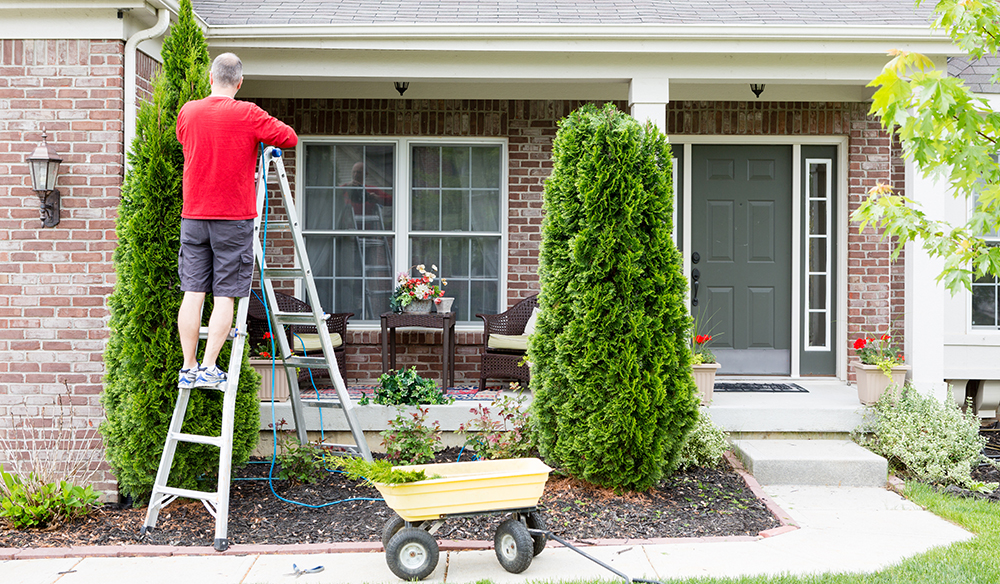
What does your schedule look like today? Homeownership comes with responsibilities, as you are now the on-call maintenance department and held accountable for the largest investment you own. Do you have the time to dedicate to keeping up with a home? Many expensive issues that arise with homes can be prevented with regular maintenance. If you don’t have the skills or knowledge to work on your house, do you have the extra money to hire someone to help or finances to purchase maintenance contracts?
5. Credit Score
Ah, the all-important credit score. Your credit is the biggest factor in determining the interest rate a loan officer will give you when applying for a loan. Credit scores and interest rates are inversely related: the higher your score, the lower the rate you’ll get. An “excellent” credit score of 740 or higher will get you the lowest rates. If your score is less than excellent, improving it isn’t impossible, but it takes time. Your loan officer can run “what if” scenarios for you, and provide insight as to what your interest rate might be if you pay off (or at least, pay down) debts and improve your credit score.
6. Cash on hand
You will need to bring cash to the table to purchase a home. No, you do not need to have 20 percent of the purchase price, as many believe; depending on which loan program you use, the minimum amount you’ll need is 3 percent of the purchase price — the exception being VA loans for members of the military, which allow qualified buyers to put zero money down. You’ll also need money for the Earnest Money Deposit (EMD), inspections, and closing costs — plus some left over for reserves. Let’s go through those one at a time:
- EMD — This is the amount of money that accompanies your offer that shows your level of seriousness. While there’s no legal requirement, customary practices for buyers in Northern Virginia is 2 to 3 percent of the purchase price, or $10,000 to $15,000 on a $500,000 purchase, or 5 percent in Washington, D.C. ($25,000 on the same $500,000) purchase. This is the money you should expect to forfeit should you wish to get out of the contract, but have no contingency (or “out”) to do so.
- Inspections — Many buyers wish to have a home, radon, and pest inspections conducted prior to purchasing a home. Home inspections are usually based on the size of the home but can range anywhere from $450 to $650, or more, depending on the company. Radon inspections, which test for the presence of radon gas, are usually around $200, and pest inspections are typically less than $100.
- Closing costs — Closing costs are dependent upon which state and county you buy-in, and can vary greatly. These costs include the local county and state taxes for recording the deed and transferring the property (both based on the sales price of the home), plus the costs of conducting the closing, obtaining the loan, appraisal, credit report, and flood certificate, among others. We typically estimate closing costs to be between 2 to 3 percent of the purchase price.
- Reserves — You cannot use all of the cash you have on hand to purchase a home; you’ll need to show the lender that you have at least two months of expenses in reserves.
Buying a home is a big decision, and there’s a lot to consider and evaluate. Need some guidance? Reach out to your favorite McEnearney Associate, and we’ll help guide you, whether that’s buying now, or renting and saving for a future purchase.
[divider height=”30″ style=”default” line=”default” themecolor=”1″]
Don’t miss a post! Get the latest in real estate and neighborhood news straight to your inbox!
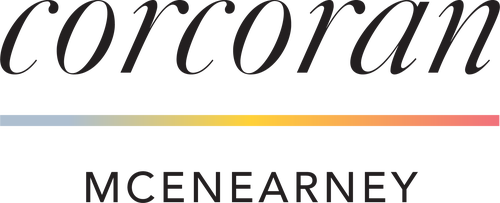
 Facebook
Facebook
 X
X
 Pinterest
Pinterest
 Copy Link
Copy Link
